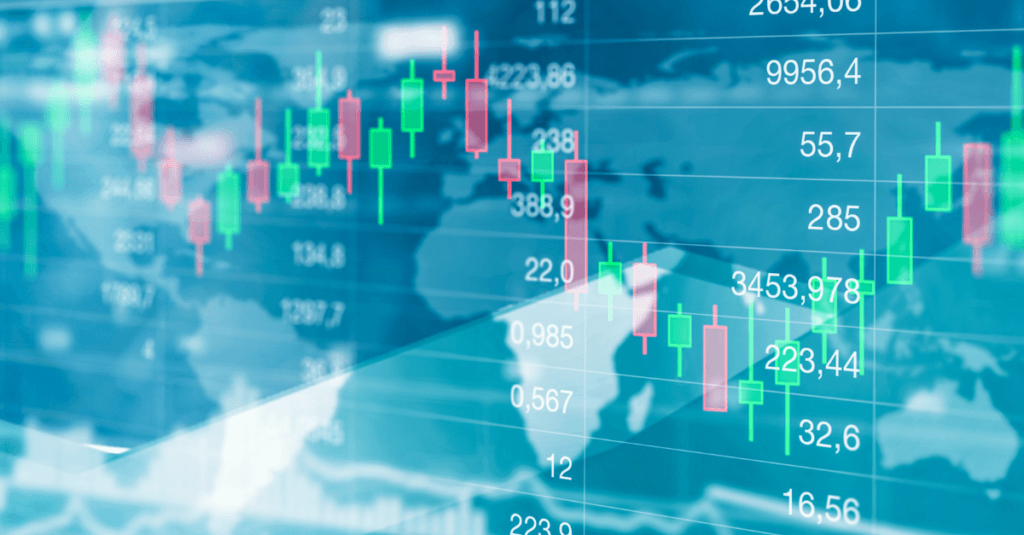Most people ask, “What is balance and equity in forex?”. Balance and equity are quite similar, but “equity” refers to your account’s total value, including any unrealized profits or losses. The term “balance” is used to describe your remaining funds, that is, how much money you have left in your trading account at any given point in time.
If you have no trades open, then equity = balance. But once you start opening trades, they will affect your equity on the platform, and it will no longer be equal to the balance.
What Is Balance In Forex?
Balance is a term that describes the total funds you have available in your trading account. It includes all deposits and withdrawals. Balance is different from equity as it does not include any floating profit or losses for your open trades. However, if you close all your open trades, balance and equity will be equal.
What Is Equity In Forex?
In forex trading, equity is the difference between what you have in your trading account and an open position’s floating loss or profit. Equity determines whether you can open new positions. Let’s say you have a trading account with $10,000 in it, and you make a profit of $1,000 from a trade. Your equity will now be $11,000 because you have made a profit of $1,000. You can now use this equity to place trades or withdraw from your account if you wish to do so. Let’s say you then place another trade and make a loss of $500. Your equity will now be $10,500 as you have lost $500 on the trade.
The equity on your forex trading account is very important for placing new trades in the market. This is so important because your forex broker only allows you to use a certain percentage of your available equity at any one time. This percentage is called leverage and can be as high as 500:1, depending on your broker.
In a nutshell, equity is the sum of the balance and floating profit/loss. This is how much money
you have in your account (Equity = Balance + Floating P/L).
Takeaway: Balance vs Equity In Forex
Balance and equity are two terms that investors often use. They’re used to describe how much money a person has in either an account or portfolio in the financial world. They are two different ways of looking at the value of an account. Balance refers to the total amount of money in an account, regardless of transactions. It can be considered a snapshot of the value of a portfolio at a given time. It may increase or decrease depending on the result of trades, interest rates, and other factors.
Your equity line is an important parameter that is used for advising your trades. It shows the performance of all your opened deals and how much money you will get when these deals are closed. It doesn’t show how much you have in your account; that’s why it’s a valuable tool for those who want to know the way their profit grows.
Most traders know that they will either be trading on margin or using their capital when they open a trading position. However, many do not realize that the amount of capital in your account can affect your margin requirements. Many brokers calculate margin based on your account balance and equity.
